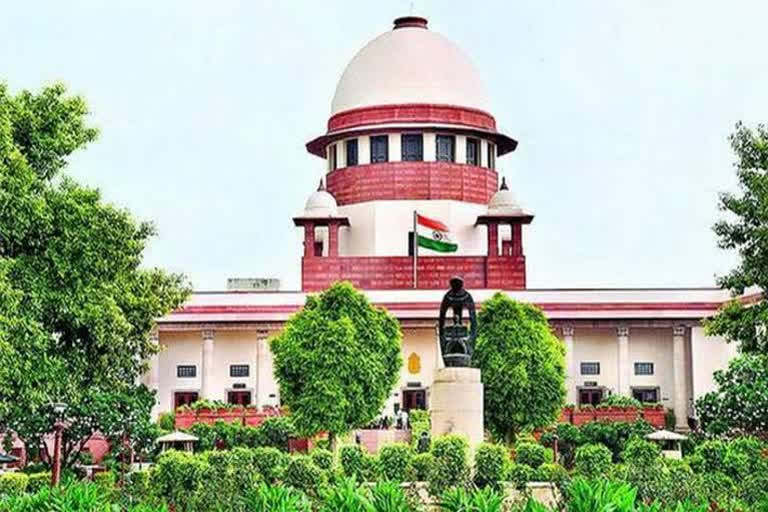New Delhi: The Supreme Court Friday said it would hear on November 23 the plea filed by Rajya Sabha MP Binoy Viswam seeking direction to the RBI for framing regulation to ensure that data collected on UPI platforms is not exploited or used in any manner other than for processing payments.
The matter came up for hearing before a bench comprising Chief Justice SA Bobde and Justices AS Bopanna and V Ramasubramanian which listed it for hearing next week.
On October 15, the apex court had sought responses from the Centre, Reserve Bank of India (RBI), National Payments Corporation of India (NPCI) and others including Google Inc, Facebook Inc, WhatsApp and Amazon Inc on the plea.
Viswam, the Communist Party of India (CPI) leader, has sought a direction to the RBI and the NPCI to ensure that data collected on Unified Payments Interface (UPI) platforms is not shared with their parent company or any other third party under any circumstances.
In India, the UPI payments system is being regulated and supervised by Respondent no. 1 (RBI) and Respondent no. 2 (NPCI), however, the RBI and the NPCI instead of fulfilling their statutory obligations and protecting and securing the sensitive data of users are compromising the interest of the Indian users by allowing the non-compliant foreign entities to operate its payment services in India, the plea has alleged.
The RBI and NPCI have permitted the three members of Big Four Tech Giants' i.e. Amazon, Google and Facebook/WhatsApp (Beta phase) to participate in the UPI ecosystem without much scrutiny and in spite of blatant violations of UPI guidelines and RBI regulations, it claimed.
The plea has alleged that this conduct of RBI and NPCI put the sensitive financial data of Indian users at huge risks, especially when these entities have been continuously accused of abusing dominance and compromising data, among other things.
It said these allegations have become particularly worrisome at a time when India has banned a host of Chinese applications on the ground that those applications were or could be used for data theft and could lead to security breaches.
